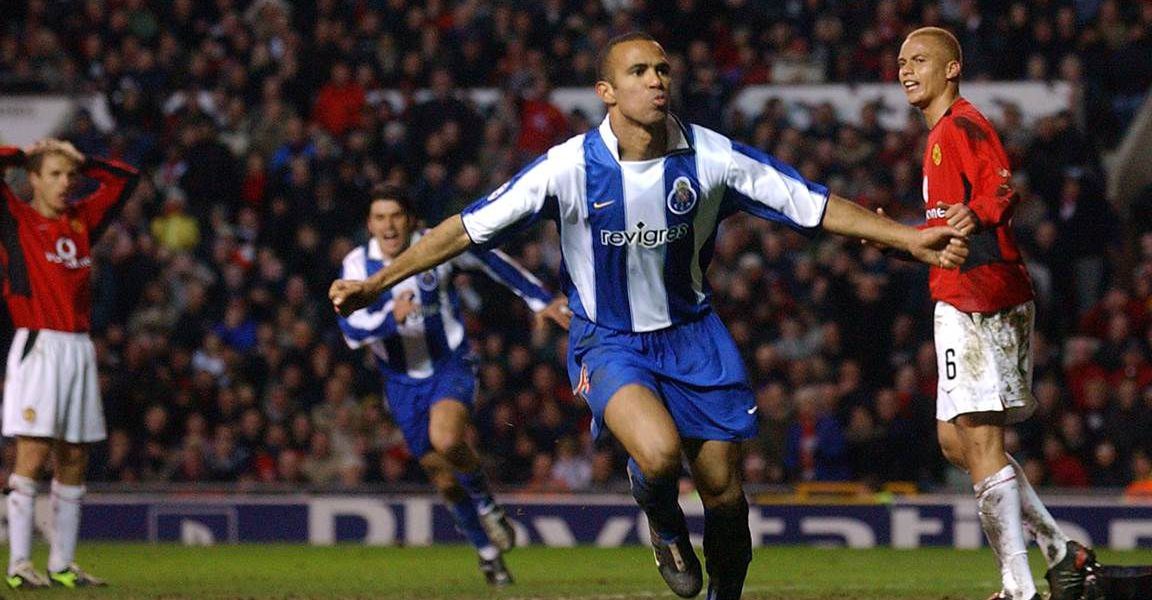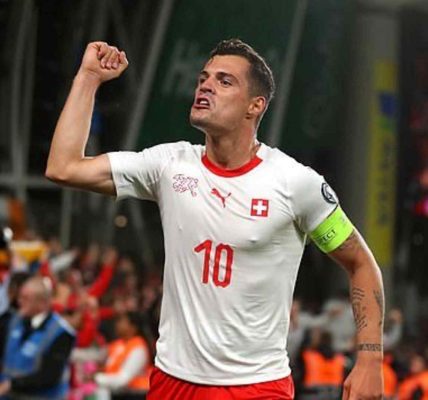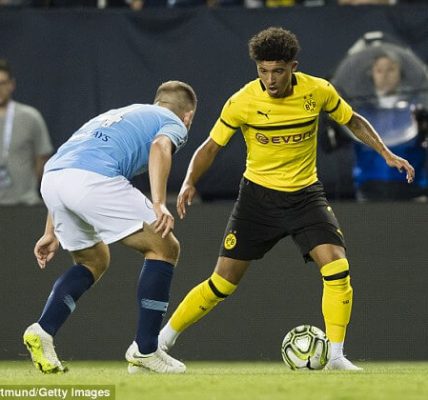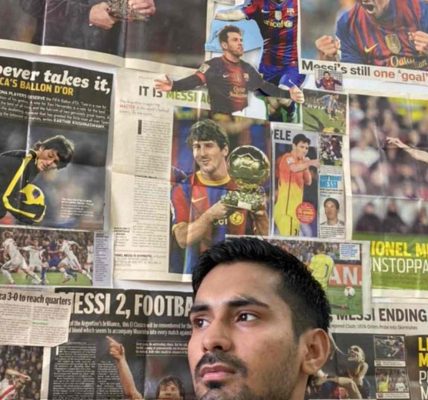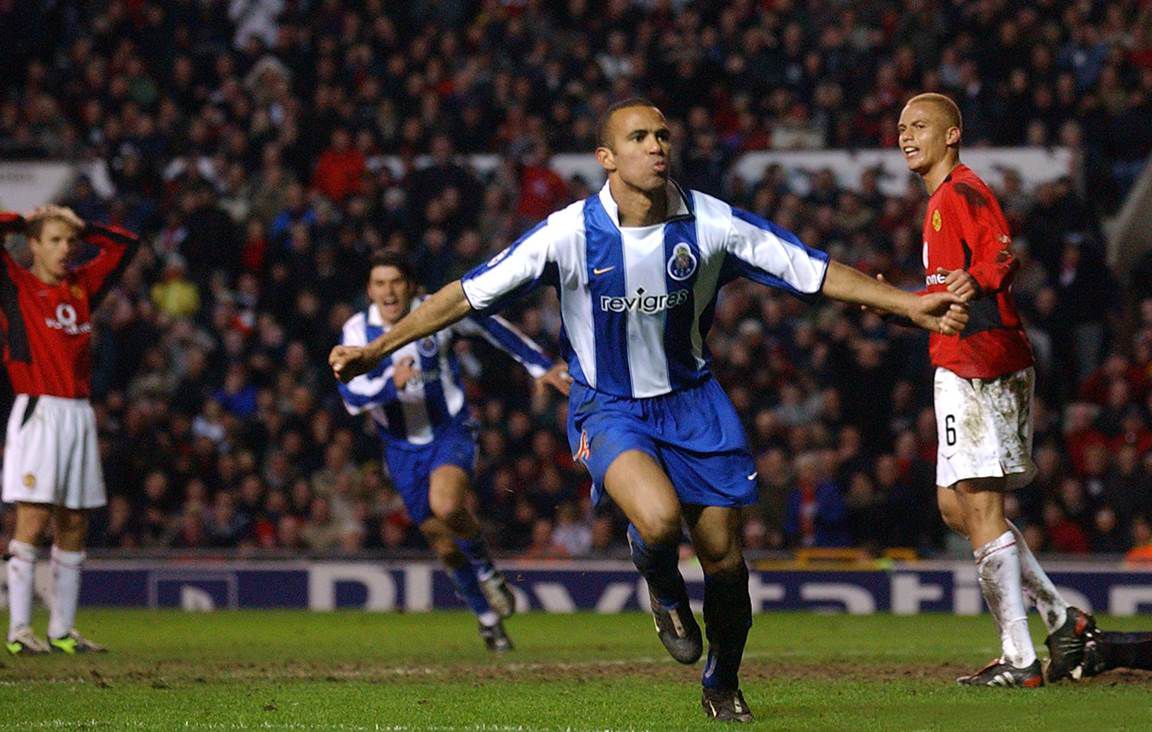
If you have a Ferrari and I have a small car, to beat you in a race I have to break your wheel, or put sugar in your tank: Jose Mourinho
Identifying significant moments and historic turning points is simple in hindsight. However, even at this time, 2004 feels like a watershed year in the history of football. The first four years of the 21st century were largely about attacking football. Euro 2000 was a celebration of creative, technical play, while the 2002 World Cup was dominated by Brazil’s terrifying trio of attackers: Ronaldo, Ronaldinho and Rivaldo. Arsenal had emerged as Manchester United’s title rivals by playing attacking football. Real Madrid won the European Cup in 2000 and 2002 with their galacticos. Serie A – traditionally considered Europe’s most defensive league – was on the decline. Attacking football dominated.
Then came 2004, which featured historic shocks at both club and international level. First, in a brilliant Champions League edition dominated by well-drilled underdogs, Jose Mourinho’s Porto recorded a sensational victory. They defeated Monaco 3–0 in the final. Thirty-nine days later, there was an equally improbable triumph in Euro 2004. 80/1 outsiders Greece shocked Europe by lifting the trophy. Both Porto and Greece, while thoroughly impressive, were unquestionably defensive.
The Magic of 2004
Porto’s outstanding qualities were their defensive shape and their incredibly effective offside trap. Mourinho had deliberately made a defensive shift – in the Portuguese league, where Porto were champions. The team both scored and conceded their fewest number of goals in nine seasons, as the manager realised a more cautious outlook was required to succeed in Europe.
Greece, meanwhile, used man-marking at the back, a tactic rarely witnessed in top-level modern football, combined with a reactive formation and a heavy reliance upon set-pieces for goals. They won their knockout games 1–0, 1–0, 1–0 against the holders (France), the best-attacking team (Czech Republic) and the hosts (Portugal), each time with a headed goal. Suddenly, it felt like Porto and Greece had shown the way to succeed, particularly for underdogs – play defensively.
16 years ago today, Jose Mourinho won the Champions League with Porto. Remember him sprinting down the Old Trafford touchline earlier that year?
— HLTCO (@HLTCO) May 26, 2020
The UEFA Cup also proved significant. It was won by Valencia, who also triumphed in La Liga, and they were another side who focused upon defensive structure rather than attacking firepower. Their coach, Rafael Benítez, was famed for his excellent organisational skills. While his 2003/04 side was perfectly attractive, he’d developed a reputation for defensive football. His 2001/02 title winners scored just 51 goals in 38 games, an astonishingly low tally for champions. In each of Benitez’s three campaigns at Valencia, the team conceded the fewest goals in La Liga.
Mourinho’s Porto – the best side in the history of the club
Mourinho had been appointed as the manager of FC Porto in January 2002. He spent two-and-a-half seasons with the club, winning a total of 6 trophies. This included the Champions League in 2004. Porto were struggling when Jose took over, lying on the fifth spot in the Portuguese league. Mourinho guided the team to third place that year, winning 11 out of 15 league games. He further promised to make “Porto champions next year”. The Portuguese was certainly lucky to enjoy a squad full of generational talents like Maniche, Ricardo Carvalho, Paulo Ferreira, Constinha, Nuno Valente, captain Jorge Costa and Deco.
In the 2002/03 season, Porto won three titles: Primera Liga, Taca de Portugal, and the UEFA Cup. They won the league 11 points clear of Benfica with a total of 86 points out of the possible maximum of 102. It was a Portuguese record since the rule of three points per win was introduced. But that was just an introduction for what was about to come in the next season.
Jose Mourinho explains how keeping the core of his UEFA Cup-winning Porto squad was one of the main reasons why the team then went onto win the Champions League in the following season pic.twitter.com/Iew2JmIjw4
— The Coaches’ Voice (@CoachesVoice) August 1, 2019
Porto retained the Portuguese title in 2004, finishing the campaign with a perfect home record of 17 wins. They showed their real quality with a massive scalping of Manchester United in the Champions League’s round of 16. Mourinho became most memorable with his iconic celebration along the touchline at Old Trafford when Costinha scored a last-gasp goal. The Portuguese and his boys were a bit lucky as well because Paul Scholes had a clear goal disallowed, which would have made the score 2-0 for Manchester United.
Porto’s impressive resolve and determination
In the quarter-finals, Porto won 4-2 on aggregate against Olympique Lyon. Derlei’s penalty-kick goal was further the only one in the semi-finals against Deportivo La Coruna, as Porto progressed to their first Champions League final. They faced Monaco in the final played in Gelsenkirchen on 26 May 2004. The French side had eliminated Real Madrid and Chelsea on their way to Germany, but Porto was just too good. Carlos Alberto scored the first goal of the game in the 39th minute, while Deco and Alenichev secured a comfortable 3-0 victory for FC Porto. The Portuguese team won the second European crown in the club’s history.
Simao Sabrosa’s extra-time goal in the Taca de Portugal final against Benfica denied them a historic treble. However, they had already achieved the unthinkable. Benni McCarthy was the club’s top scorer with 25 goals in all competitions, while Deco was the best assist maker with 14 assists. Porto’s story will always have a special place in the history of European football.
Greece stun the footballing world
A year forever ingrained in the minds of Greeks. As the full-time whistle was called in the final, the weight was lifted off the shoulders of the Greek players in the stadium. That energy was transferred to Greeks across the world, who celebrated the nation’s maiden European triumph. They entered the tournament as complete underdogs, with not a single football pundit tipping the country for victory. Drawn in what could have been considered the “Group of Death”, with Portugal and Spain being heavy tournament favourites, every match was a must-win.
From this, Greece decided to show Europe they were a title contender, beating Cristiano Ronaldo’s Portugal in round one. With fortune on their side, they managed to progress to the knockout stage of the competition, defeating Spain who shared the same goal difference, yet with two less goals scored against their opponents. The Greek players weren’t able to sit and celebrate, facing off against France who featured the likes of Thierry Henry and Robert Pires.
I remember just being utterly amazed that Greece won Euro 2004. What a job Otto Rehhagel did there pic.twitter.com/VEw20hAe8f
— Libero (@MagLibero) August 6, 2020
What would prove not to be his final goal of the tournament, Greek forward Angelos Charisteas scored in the 65th minute of the match. From that point, France grew frustrated with Greece’s solid defensive play and proceeded to lose the match 1-0. As if the Greek gods were smiling upon them, the nation was slotted against Czech Republic.
One of the greatest underdog tales
Yet, victory was not as easy as it may have been foreseen, with the Czech nation also dreaming of an underdog tale. A tough defensive battle between both nations, the match continued into extra time. Just as the whistle was to be blown, centre back Traianos Dellas delivered the goods when it mattered the most, striking home a late victory for the Greeks.
As prophetic as a match can be, Greece were to face their first-round opponents Portugal in the Euro 2004 Final. Held in Portugal, the odds were against them. 60,000 Portugal fans flooded the stadium. Greece were forced to draw all their attention onto the field to claim a victory against the home nation, with Charisteas heading the ball in the 57th minute. Ronaldo and Figo attempted to break the Greek defensive line multiple times, only to be denied. The victory would forever be considered one of the greatest underdog tales in football history. A legacy has been left for the next generation of footballers.

